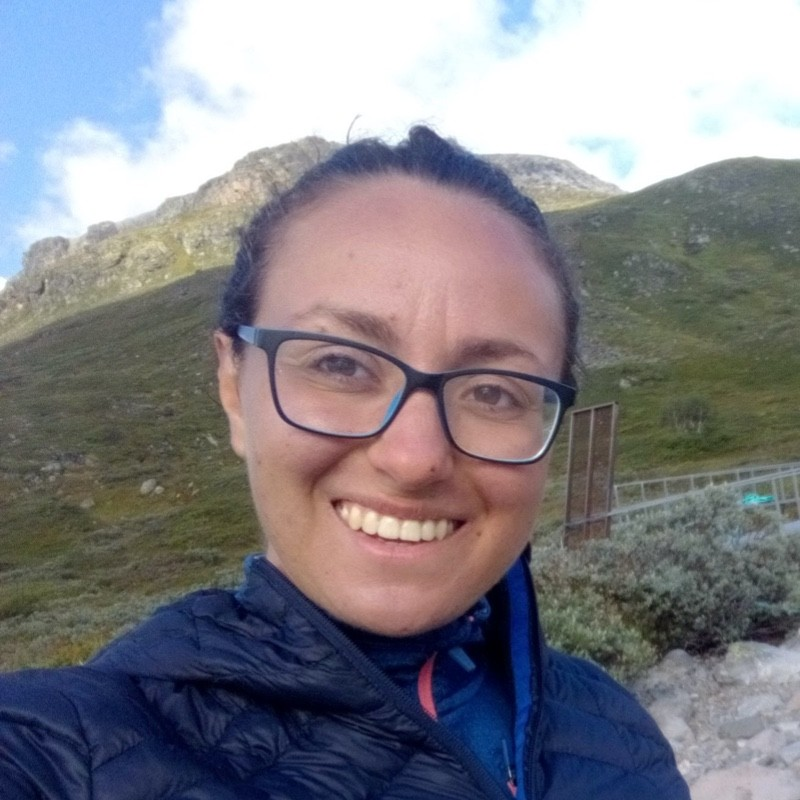Uncertainty Estimation based on Geometric Separation
Published in Under review, 2023
In machine learning, accurately predicting the probability that a specific input is correct is crucial for risk management. This process, known as uncertainty (or confidence) estimation, is particularly important in mission-critical applications such as autonomous driving. In this work, we put forward a novel geometric-based approach for improving uncertainty estimations in machine learning models. Our approach involves using the geometric distance of the current input from existing training inputs as a signal for estimating uncertainty, and then calibrating this signal using standard post-hoc techniques. We demonstrate that our method leads to more accurate uncertainty estimations than recently proposed approaches through extensive evaluation on a variety of datasets and models. Additionally, we optimize our approach so that it can be implemented on large datasets in near real-time applications, making it suitable for time-sensitive scenarios.
Recommended citation: Chouraqui, G., Cohen, L., Einziger, G., & Leman, L. (2023). Uncertainty Estimation based on Geometric Separation. arXiv preprint arXiv:2301.04452. https://arxiv.org/abs/2301.04452
